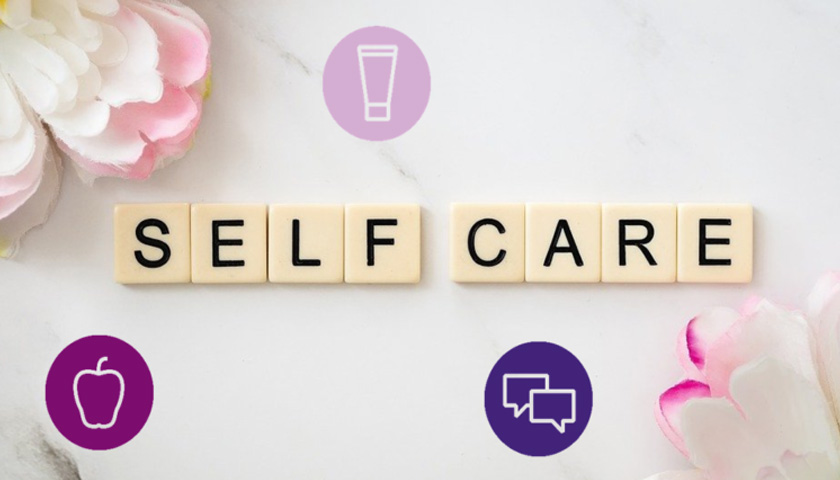The ASA/CAP have released a post called: Taking care with the Ad Codes during Self Care Week 2021. I have enclosed the text of the link below, but please have a look at the ASA/CAP site as there are lots of things of interest to anyone with an interest in Ethical Marketing.
Self Care Week 2021 ran from 14 – 21 November. It is an annual national awareness week that focuses on encouraging support for self-care within the individual, the family and the community. Self care can take many forms and the ASA has commonly seen ads for food supplements, over-the-counter medicines, medical devices and complementary and alternative therapies.
In this article, we discuss the risks associated with advertising food intolerance testing, smoking cessation products and sunbeds.
Food intolerance Testing
Eating healthily is essential to Self Care but food intolerances and allergies can be difficult conditions where establishing and eliminating trigger foods can be challenging. Many people seek advice from a GP who can carry out testing and offer dietary advice – but some commercial companies offer remote food intolerance and allergy testing. These commercial tests vary in type and method (such as asking the consumer to supply a simple pin prick blood or hair sample) and marketers of such services have previously claimed that by identifying certain foods and eliminating them from the diet, consumers can avoid medical conditions associated with food intolerance. Marketers have previously claimed that the benefits of removing certain foods include reduction in migraine, eczema, nausea, dermatitis, joint pains, chronic fatigue and irritable bowel syndrome.
Investigations to date have demonstrated that the efficacy of these diagnostic and advice services is mixed and significant care needs to be taken to avoid suggesting that a such services can detect or treat allergies or intolerances without robust clinical evidence.
Our advice on Food Allergy Testing looks in more detail at the three most common types of commercial testing services available.
Smoking (giving up)
Adopting a healthy life-style includes reducing or giving up those things that are harmful to us, including smoking. Products that are advertised as stop-smoking aids are considered to be presenting themselves as being capable of ‘treating’ an addiction. Subsequently, all products that claim to help people stop-smoking (including nicotine gum, patches, inhalators and lozenges) are regarded as medicinal and marketers must hold a relevant marketing authorisation from the MHRA before making such claims in their ads.
Because stop-smoking claims are medicinal and require a relevant marketing authorisation from the MHRA, ads for e-cigarettes (including e-liquids and devices) cannot claim that the product can act as a cessation device unless it has been specifically authorised for that purpose by the MHRA. Marketers also need to take care to avoid claims which might imply that the product is suitable as a stop-smoking device, for example by making references to “Stoptober”.
See our advice on Electronic cigarettes: Health and medicinal claims and Health: Smoking, stopping.
Sunbeds
Whilst it is generally accepted that exposure to sunlight is a good way to encourage the body to produce essential vitamin D, the NHS do not recommend the use of sunbeds for this purpose. The ASA has previously ruled that ads by Basetan and The Tanning Shop which encouraged the use of sunbeds for vitamin D production were both misleading and irresponsible.
More recently, the ASA ruled against another sunbed marketer whose ad made claims that the use of sunbeds could improve the immune system and “May improve brain function and production of Serotonin and melatonin and may help with alzheimer’s”. The ASA not only ruled that the claims were unsubstantiated but also found them to be irresponsible, given the well-established risks of sunbed use.
Marketers therefore not only need to hold robust clinical evidence to support claims about the benefits of sunbed use but will also need to be mindful that any positive health message may be considered irresponsible.
As always, CAP’s Copy Advice team are on hand to provide bespoke advice on your non-broadcast ads.

